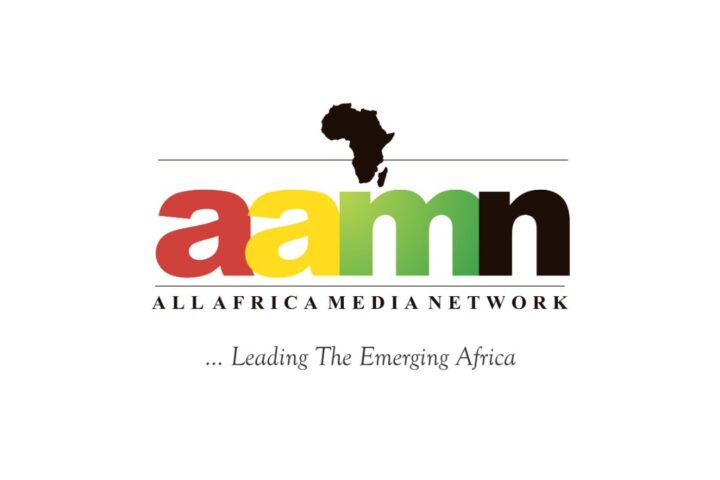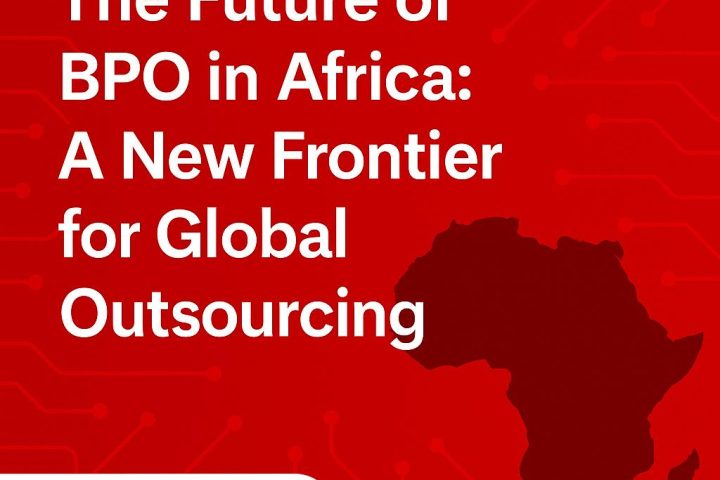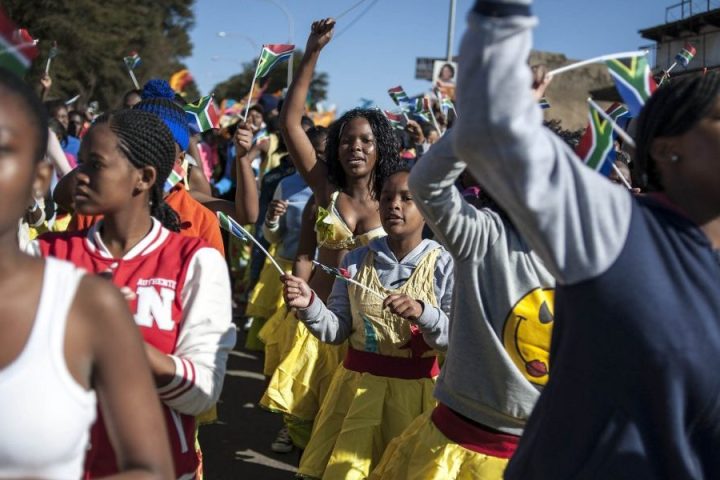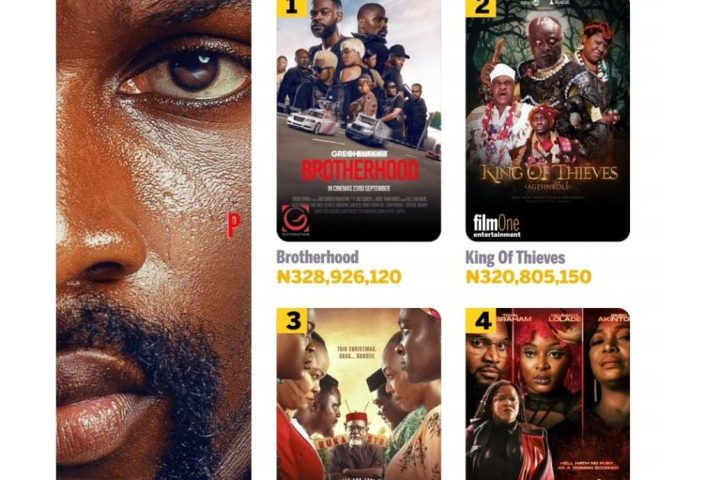According to the documentary, many of the women were lured to Dubai with promises of legitimate jobs, only to find themselves trapped in debt bondage and forced into prostitution
A new documentary investigation by the BBC has uncovered the existence of an illegal prostitution network in Dubai, United Arab Emirates, that systematically exploits young women from Uganda.
The documentary titled “Death in Dubai: #DubaiPortaPotty”, produced by BBC Eye in collaboration with the BBC World of Secrets podcast, revealed how a former London bus driver, Charles “Abbey” Mwesigwa, allegedly runs the network, coercing women into extreme and violent sex work.
Undercover footage showed Mwesigwa telling a BBC reporter that the women under his control could do “pretty much everything” clients requested.
According to the documentary, many of the women were lured to Dubai with promises of legitimate jobs, only to find themselves trapped in debt bondage and forced into prostitution.
Troy, a man who once worked for Abbey, accused him of “selling humans for money”, alleging that he recruited vulnerable Ugandan women with false job offers.
Upon arrival in Dubai, they were told they owed Abbey for travel and living costs, debts that could only be repaid through sex work.
“If the girls said ‘I’m not ready to provide sex,’ he would keep them inside the room until they agreed. Their only option was to be with Abbey,” Troy told the BBC.
He added that the women were forced into sexual acts he had “never seen in his life.”
“These rich men look for girls that can fulfil their fantasies. It doesn’t matter what those girls go through as long as Abbey’s rich clients are happy. These girls, they have no escape route,” Troy said.
Suspicious Deaths Of Two Women
The documentary also examined the suspicious deaths of two Ugandan women linked to the network.
In May 2022, 23-year-old Monic Karungi, known online as Mona Kizz, died after falling from a building in Dubai.
Her story went viral globally after online speculation wrongly linked her to the #DubaiPortaPotty hashtag, circulating videos of a woman jumping from a building and claiming it was Monic.
A year earlier, in 2021, Kayla Birungi also fell to her death in the same neighbourhood, Al Barsha.
Relatives of both women told the BBC they believe Dubai police failed to properly investigate the cases.
Monic’s family said they were told by Al Barsha police that there would be no further investigation, as drugs and alcohol were found at the scene.
Kayla’s brother disputed similar claims, telling the BBC that she had planned to return home two days later.
“Then I was told she went to a party and she fell from the 10th floor. Three girls present said Kayla had taken alcohol and drugs,” he said.
However, laboratory tests verified by BBC Eye found no traces of alcohol or drugs in her blood.
Meanwhile, the BBC said the Dubai police have kept mute on requests sent to it for comment or access to the case files.
‘Mia’, a friend of Monic, recalled living in Abbey’s crowded apartments with up to 50 women, saying they felt trapped and unable to pay off debts.
She said many clients sought extreme sexual acts specifically because of the woman’s race.
Another survivor, ‘Lexi’, claimed she was trafficked by a different illegal network and offered thousands to be urinated on, beaten, or forced to eat faeces.
“Some clients would pay up to AED 15,000 (£3,000) for these acts,” she said, revealing that when she sought help from Dubai police, she alleged they refused to assist her.
Confronted with the allegations, Abbey denied all wrongdoing.
“These are all false allegations. I’m just a party person who invites big spenders on my tables hence making many girls flock to my tables,” Abbey told the BBC.
Abbey, who insisted Monic was not under his control at the time of her death, said, “Monic died with her passport, meaning no one was demanding her money for taking her.
“Prior to her death, I hadn’t seen her for over four to five weeks. Both incidents were investigated by the Dubai police, and maybe they can help you.”
The documentary highlighted the broader issue of human trafficking affecting Ugandan women in the Gulf.
‘I Get Like Five To Ten Cases Daily’
According to anti-trafficking activist Marriam Mwiza, who runs Overseas Workers Voices Uganda, exploitation is widespread.
“We get cases of people who have been promised to work, let’s say, in a supermarket. Then she ends up sold as a prostitute. I get like five to ten cases daily,” Mwiza was quoted as saying.
“Every month, I see the number of cases, bodies landing at Entebbe airport. Most are from Dubai. If nothing is done, we are likely to go back into a state of rearing slave trade.”
BBC reporter Runako Celina, who spent more than two years investigating the story, said, “Monic’s story was reduced to a meme online, but she was so much more than that.
“Behind the viral hashtag and the online abuse was a young woman with dreams for a better life, and a family who loved her.
“This isn’t just about one rumour: it’s about the way misinformation, inequality and exploitation feed off each other, and about restoring dignity to women like Monic and Kayla, who can no longer speak for themselves.”
Source: Saharareporters






